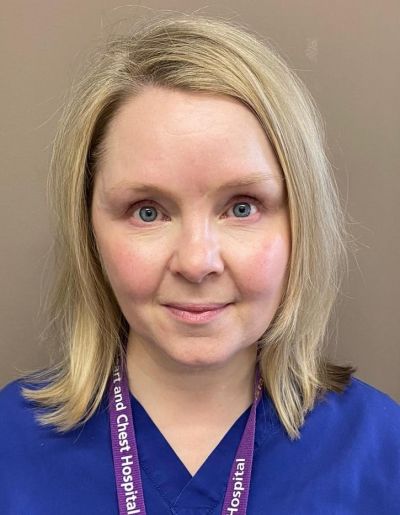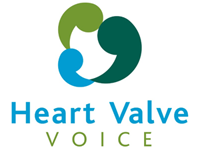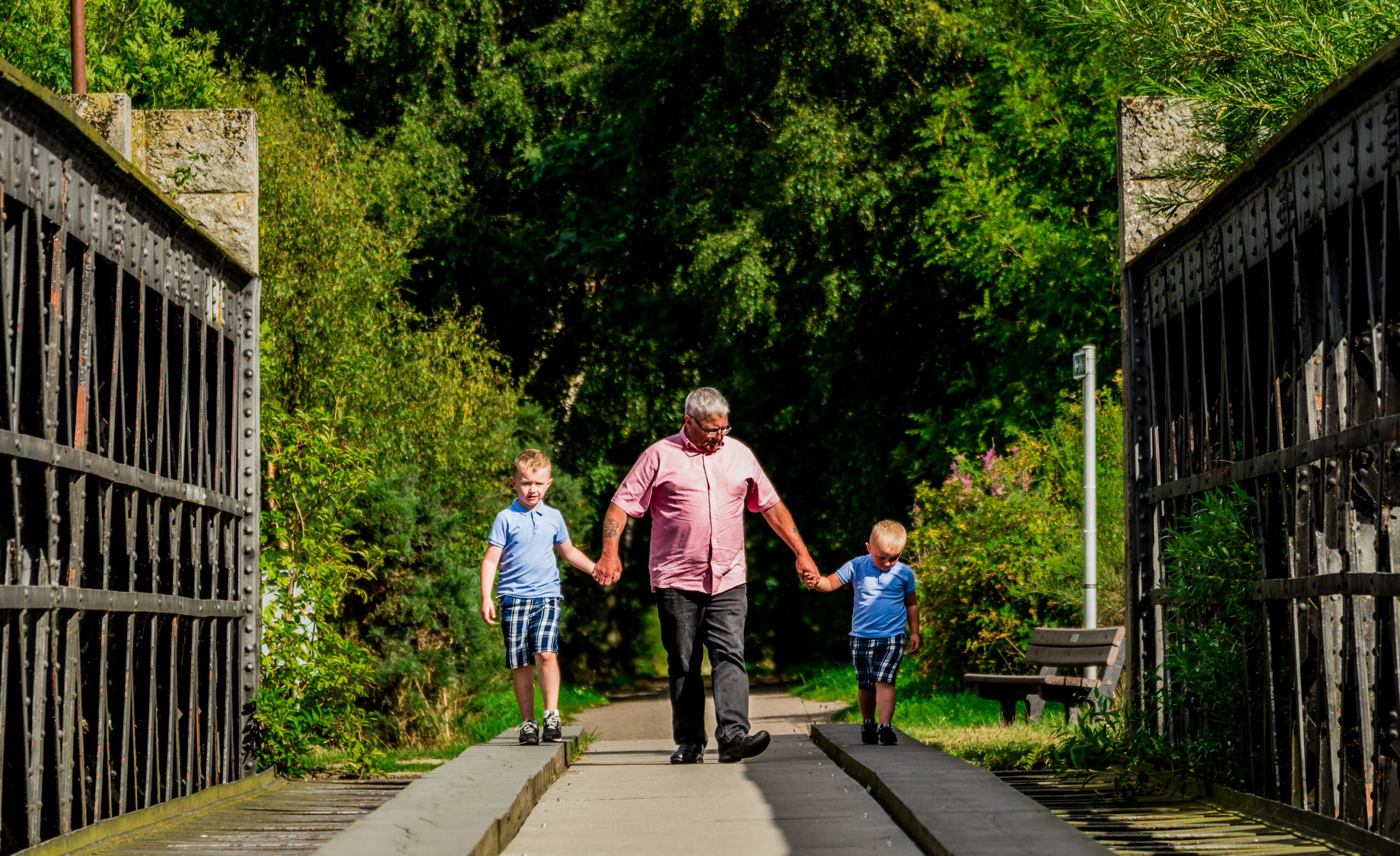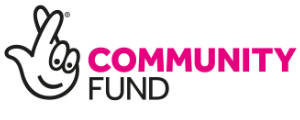
Dr Clare Appleby: Gender Inequalities in Heart Valve Disease Treatment

Earlier this year, Clinical Lead for Intervention at Liverpool Heart and Chest Hospital, Dr Clare Appleby, gave a presentation to leading figures in the heart valve disease world about gender inequalities in heart valve disease treatment. Here, Dr Appleby discusses that presentation and looks at how to address inequalities in heart valve disease care.
“Broadly speaking, there is clear evidence that TAVI provision in the UK is not at the level that it needs to be. UK population modelling data identified a shortfall in treatment for aortic stenosis (AS). The research estimated there were potentially around 70,000 patients with an indication for TAVI in 2019. Currently, we are performing 6700 TAVIs a year, just 10% of that provision. The UK also lags behind most of Europe in access to TAVI.
But within those numbers are inequalities linked to gender, ethnicity and socioeconomic status.
Looking at gender inequalities, the data is stark. We know that the elderly population in the UK is predominantly female. However, this is not born out in the makeup of TAVI treatments. And European data looking at five-year estimated survival of men and women with AS compared with age and sex-matched populations, demonstrates that women with untreated AS have worse outcomes than men, and women are referred for aortic valve intervention less frequently and later than men.
But the situation isn’t simple. AS can be more challenging to identify in women due to pathophysiological differences between genders. Men have more calcification, which is easier to pick up on echo and CT. At the same time, women are more likely to have valvular fibrosis than calcium. Women with severe AS are less likely to present with LV impairment which may be detected on echo or present clinically. Women are more likely to have low flow, low gradient AS, which is more challenging to diagnose, and smaller annuli and lower gradients might mean that female patients do not reach traditional diagnostic criteria.
Studies suggest that women with AS are less likely to be admitted to a cardiology bed, are less likely to see a cardiologist and will undergo fewer echos than their male counterparts.
However, with timely treatment, outcomes for women after TAVI are better. The challenge is ensuring clinicians across the pathway recognise pathophysiological differences to ensure more women get onto the right pathway in a timely manner.
Moving forward, we must address this inequity. 42% of UK TAVIs are undertaken in female patients, and, as provision increases, efforts need to be made to ensure that this gender gap is corrected. In addition, women are under-represented in pivotal trials, and addressing this globally will lead to better clinical practice. There needs to be work done to improve gender-specific pathways, which will address diagnostic challenges and enable more women to access timely treatment.
With an ageing population, more and more people will be treated for heart valve disease, so it is crucial to address these disparities if patients are to benefit from timely and effective treatment. Public health initiatives may also be required to increase clinical and public awareness of unconscious biases, such as the male default perspective. Within all of this, intersecting inequalities, such as ethnicity and socioeconomic status, must be considered.
With groups such as the All-Party Parliamentary Group for Women’s Health working towards addressing these inequalities, I’m confident that the gap will begin to narrow. I look forward to working with patients and clinicians to improve pathways for women.”
Dr Clare Appleby, Consultant Cardiologist at Liverpool Heart and Chest Hospital and Clinical Lead for Intervention and TAVI
Latest News
A Brief History of the Stethoscope and its Role in Detecting Heart Valve Disease
At Heart Valve Voice, we are committed to promoting early detection and timely treatment [...]
WHF urges countries to develop cardiovascular action plans and launches global petition
Geneva, 27 September 2024: The World Heart Federation (WHF) is launching a global petition urging all [...]
Wil’s Blog – Looking Back at International Heart Valve Disease Awareness Week 2024
As I reflect on last week’s International Heart Valve Disease Awareness Week, I am both [...]









